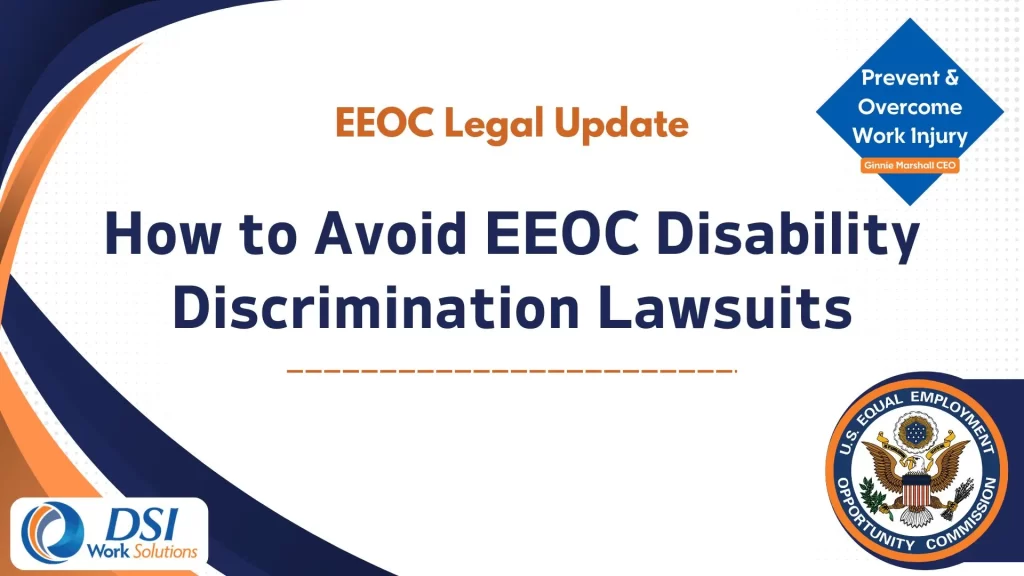
The study focused on Post-Offer Employment Testing (POET) and its effectiveness in helping employers manage employee health and wellness costs, particularly in the areas of health care, short- and long-term disability, and workers’ compensation. The researchers analyzed data from 5 million individuals and 480 million claims to compare those who received POET to those who did not. The study found significant reductions in injury rates and integrated benefits cost savings in the group screened by POET, indicating that it can be an effective tool for employers.
Employers in the US face increasing costs related to employee health and wellness. For example, between 2008 and 2018, employer-sponsored health care costs increased by 55%, with the average family premium costing almost $20,000 a year. Workers’ compensation costs have also risen, with the average cost for all claims being $40,051. These costs have both direct and indirect implications for employers, including wage costs related to time lost through work stoppage, administrative time spent by supervisors after injuries, and employee training and replacement costs.
POET is a tool that enables employers to determine whether individuals are fit to perform their job duties without risk to themselves or others. To determine the effectiveness of POET, the researchers conducted a cross-sectional analysis of 5 million individuals and 480 million claims, comparing those who received POET to those who did not. The study found that the group who passed a POET prior to placement had a 50% less workers compensation related costs in the first year of employment.












.webp)